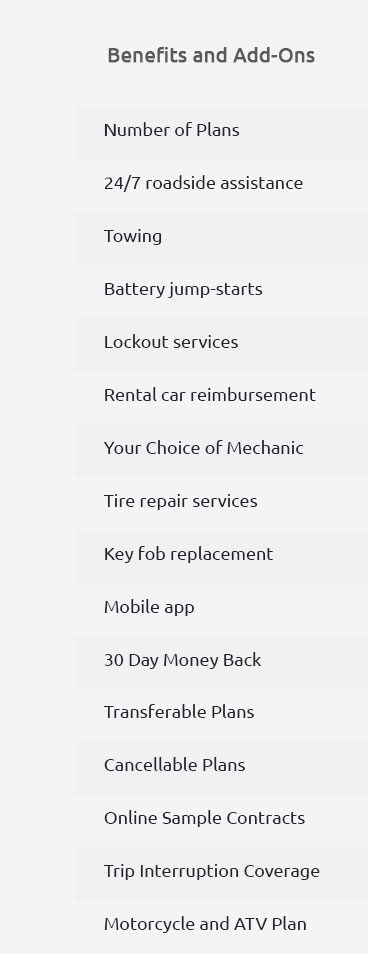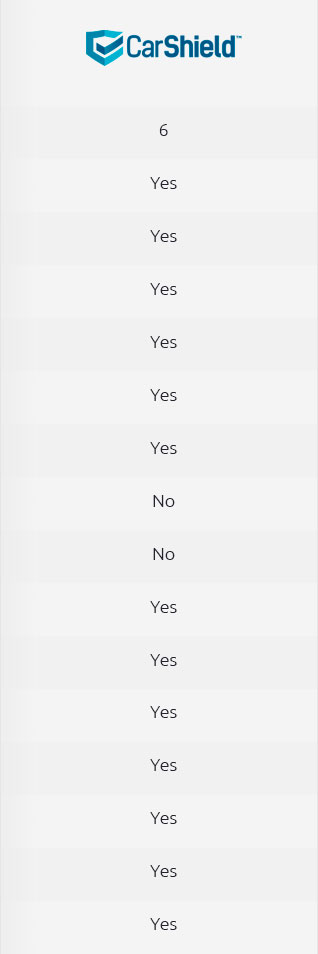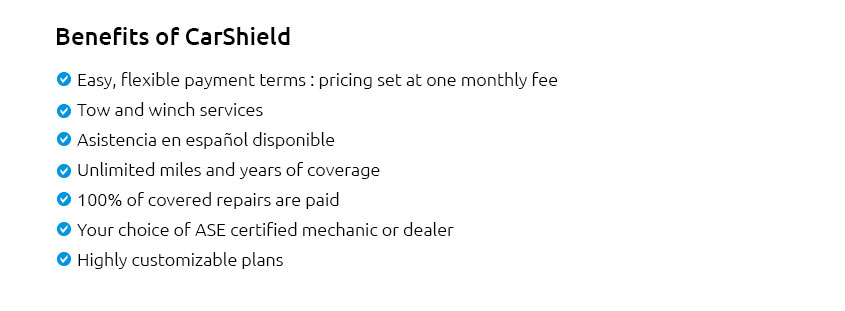 |
 |
 |
Select your vehicle to see available coverage options:
 |
 |
|||
 |
|||
 |
 |
 |
|
 |
|||
 |
|
 |
|
 |
|
 |
|
 |
|
 |
|
 |
|
 |
|

Vehicle Warranty Coverage: A Comprehensive GuideExploring vehicle warranty coverage can feel overwhelming, especially for U.S. consumers looking to protect their investment and minimize repair costs. Understanding what's covered can provide peace of mind and significant cost savings. Whether you're considering a new or extended warranty for older cars, this guide will help clarify your options. Understanding Basic Vehicle Warranty CoverageA vehicle warranty typically covers the cost of repairs and replacements for parts due to defects in manufacturing. This is a standard offering from manufacturers for new cars, usually lasting around 3 to 5 years or up to 60,000 miles. What’s Covered?Most vehicle warranties cover:
Remember: Regular maintenance is crucial to keep your warranty valid. Extended Auto Warranties: Are They Worth It?Extended warranties can be purchased to provide coverage after the manufacturer’s warranty expires. These are especially beneficial if you plan to keep your vehicle longer than the initial warranty period. Benefits of Extended Warranties
For more specific quotes on how an extended warranty can help you, consider exploring options through platforms like fix my car quote. Common Misconceptions About Vehicle WarrantiesMany consumers believe that warranties cover all types of repairs. However, they typically don't include routine maintenance or damages from accidents. It's important to read the fine print to understand the exclusions fully. Frequently Asked QuestionsWhat is usually not covered under a vehicle warranty?Warranties generally exclude regular maintenance items such as oil changes, brake pads, tires, and damages from accidents or environmental factors. Always check your specific warranty terms for details. Can I transfer my vehicle warranty if I sell my car?Yes, most vehicle warranties can be transferred to a new owner, which can add value to your vehicle when selling. Be sure to inform the buyer and check with the warranty provider for any required steps. Is an extended warranty necessary for older cars?An extended warranty can be particularly beneficial for older cars, as they are more likely to need expensive repairs. Assess your vehicle's condition and repair history to make an informed decision. By understanding the ins and outs of vehicle warranty coverage, you can make informed decisions that provide financial protection and peace of mind as a vehicle owner in the U.S. Whether you're exploring new car warranties or extended options, knowing what to expect can save you time, stress, and money in the long run. https://consumer.ftc.gov/articles/auto-warranties-and-auto-service-contracts
A manufacturer's warranty is included in the price of a new vehicle, and often covers your vehicle for a certain number of months or miles, whichever comes ... https://support.toyota.com/s/article/What-warranty-coverag-7683?language=en_US
The factory coverage warranty period begins on the vehicle's in-service date, which is the first date the vehicle is either delivered to the original ... https://carshield.com/auto-warranty/
... car, you may not really be covered. This is because, in many cases, there's a 1000-mile period in which car warranty companies exempt themselves in order to ...
|